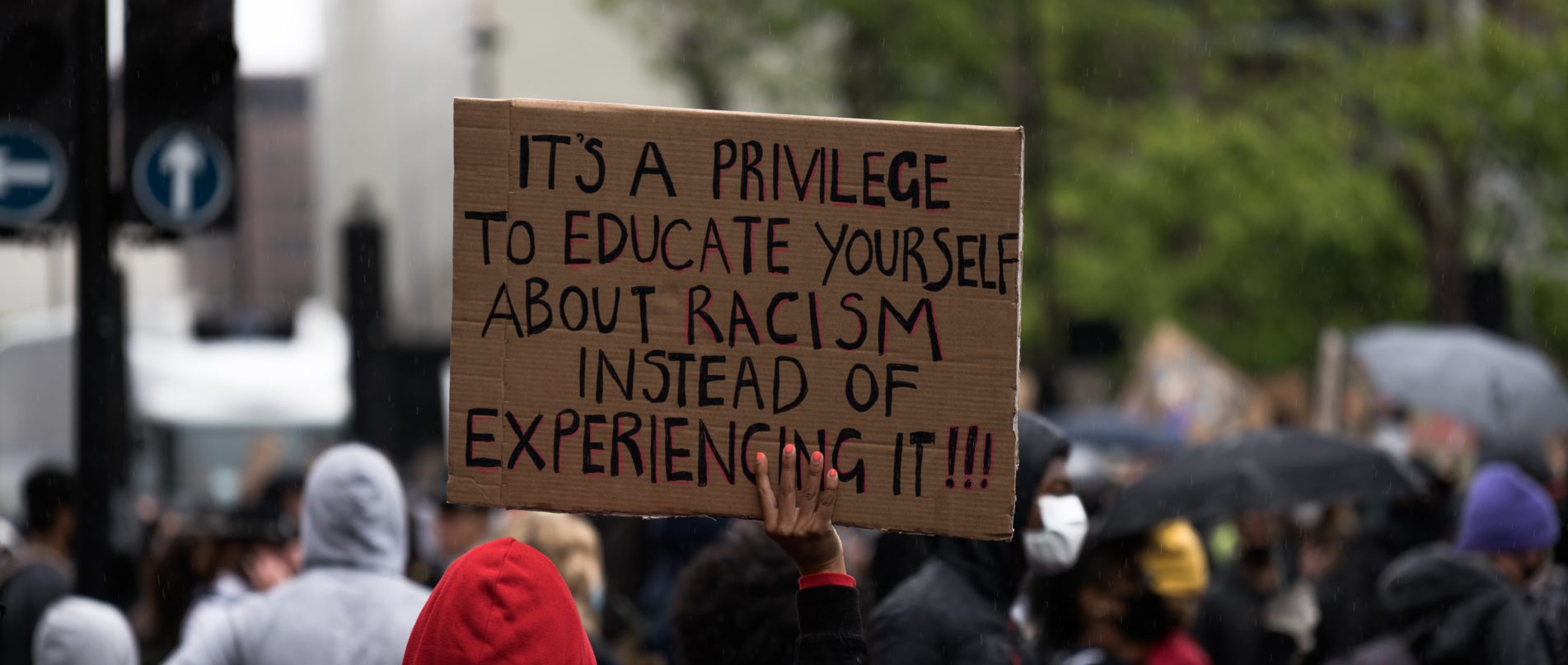
Prompt Images
“Can you explain to me why ____________ is racist?”
Now, I don’t have a problem talking about racism, and I don’t mind when my white friends occasionally ask me questions about race. But, I wonder if people truly appreciate the effort it takes when you ask a POC about why something is or is not racist. I can’t speak for everyone, or all topics, and I definitely can’t speak for all POCs. But here’s the mental exercise I have to go through when someone asks me the question:
1) Review my Mental Race Rolodex for suitable examples.
I have 51 years of life experiences and interactions to pull. I have to take a moment to mentally process what examples I have been exposed that may be useful in illustrating the points I need to make.
2) Evaluate the asker as the audience.
Whether they know it or not, I am evaluating the asker because I can’t say what I want to say the way I want to say it if I don’t believe they can handle it. Some people want the HEAT—raw truth, no filter. However, some people may SAY they want it but are not prepared for the HEAT. So, before I can share my thoughts, I evaluate the audience, to determining the best way to present the information so they can retain it.
3) Decide what information to share.
If they have NO frame of reference for my answer, they may not be able to process it. It’s not an insult of anyone’s intelligence, but rather a reflection of their personal experiences or the lack of having been exposed to my experiences. So, when I’m providing my thoughts, I convey them in a measured, methodical, and calculated manner to ensure the asker can best process my point.
4) Brace myself for the possibility that the asker is more interested in talking than listening.
It would be great if I could explain my point in full, with no interruptions, and answer the question along the way, to provide full context. However, in actuality, these exchanges tend to be more interactive. Unfortunately, this interactive format creates the possibility of someone spending more time talking as opposed to listening to what I am saying.
5) Accept the reality that the first question is a set up for multiple other questions.
Almost every conversation about race STARTS with one simple question and invariably ends up with a bunch of follow up questions.
6) Worry that the asker is only getting a piece of the pie and not the whole pie.
One of the concerns I often have with the ‘one simple question’ perspective is that the person is only interested in addressing the one piece of a much bigger pie. As such, by only addressing the one piece, they completely overlook the complexity of what it takes to make the pie: the ingredients, the recipe, the love, the cooling time.
7) Rest, Recoup, and Repeat.
It has occurred to me that white folks can ask questions about racism situationally. They can check in and check out at their convenience. But for POCs, experiencing racism is a part of your life, which you can never turn off. Where my experience with race is an ongoing life experience, their interest in a particular question or topic is situational. As such, as their situation has been addressed, they can continue on with their life experience which may be devoid of these experiences relating to bigotry or racism.
My intention is not to complain about answering questions about race, but to showcase how and why answering these questions can be exhausting. So, when you ask someone a question about race, understand the amount of thought and energy that goes into it. In the end, it’s worth the effort if it leads to better learning and understanding.



